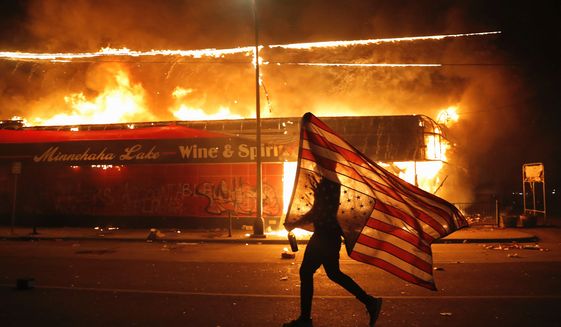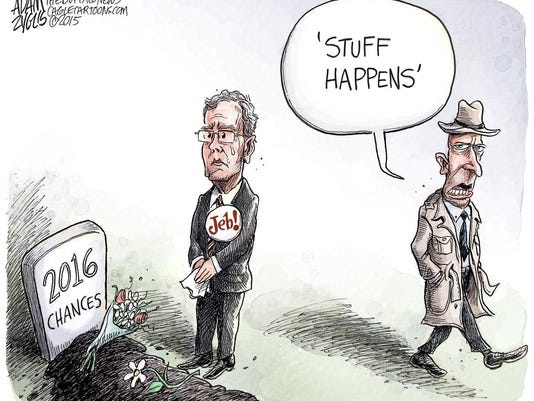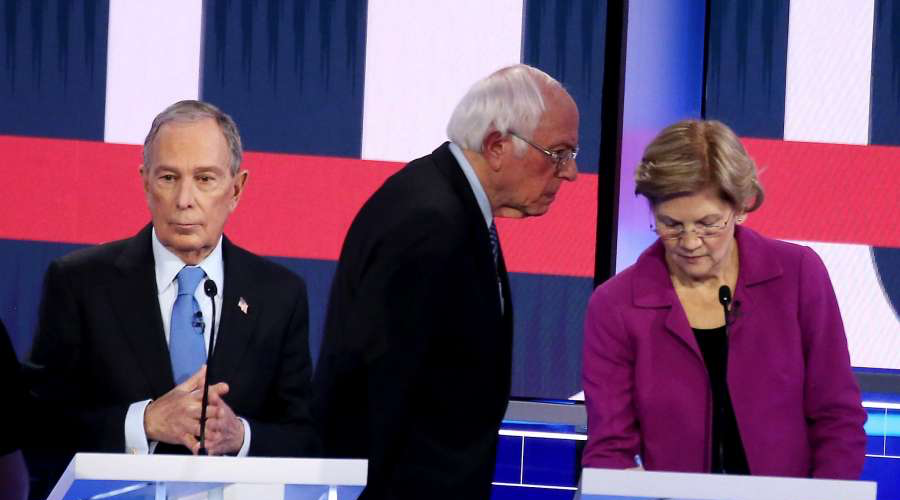Thirty-five years after a charged conversation about Israel, I still find myself returning to one word: Enough.
In the early summer of 1990, Saddam Hussein’s Iraqi forces invaded Kuwait in a brazen land grab aimed at seizing its oil fields. Strangely, the move was cheered by a wide swath of the Pan-Arab intelligentsia. Among educated, Westernized elites—multilingual, well-traveled, and politically passionate—the invasion wasn’t viewed as aggression. It was seen as defiance. A long-overdue blow against Western colonialism, and a symbolic rejection of Gulf monarchies long viewed as decadent proxies of American and British power.
That November, as American troops built up in Saudi Arabia in preparation to drive Saddam out of Kuwait, I was in Paris. I’d been invited to a dinner party hosted by a member of the prominent Tabet family, long established in Lebanese elite circles. The mood was electric—plenty of wine, plenty of politics. The guests were smart, passionate, and nearly unanimous in their fury over the coming U.S. intervention.
It didn’t take long for the conversation to turn to Israel. The consensus was firm: the Jewish state was a colonial implant, an alien imposition on Arab land. Though the conversation was conducted in French—and I am culturally French—I was unmistakably “the American” at the table. And it became clear that I was being drawn into a debate I hadn’t asked for.
Two guests tried to steer the conversation elsewhere. One, a television commercial director, wanted to talk about narrative techniques in visual media. Another, a recent university graduate, asked about the expressive range of French, English, and Arabic. I was happy to oblige. But most of the table was determined to solve the Middle East conflict before dessert.
Eventually, the spotlight turned to me.
“Do you think it’s acceptable that Jews would expel non-Jews from the land of their birth?” one guest asked. “Muslims would never do that. Why do Jews?”
Despite the unabashed antisemitic declaration, I chose to give the benefit of the doubt. Maybe they were appealing to some idealized memory of the Islamic Golden Age, when Jewish and Christian communities lived under Muslim rule with a high degree of tolerance. So I answered, carefully:
“That’s ancient history. I wish it were still true today.”
“But it is true today,” someone interjected. “A Muslim society would never expel someone for their religion. Islam is a tolerant faith.”
I paused. Then I said what needed to be said:
“I—along with my parents, grandparents, cousins, uncles—was expelled from Egypt in the 1950s. Not for anything we did. Simply for being born Jewish.”
The room fell silent. The tension wasn’t hostile—it was cognitive dissonance. They were intelligent people, intellectually engaged, but they had not imagined that I was of Jewish descent, let alone a Jew born in an Arab country. My story didn’t fit into the architecture of assumptions they had built. No one had a response.
I continued: “This conflict won’t end through force. Nor through denial. Peace will only come when both sides love their children more than they hate each other,” as Golda Meir once said—I’m paraphrasing and editorializing.
“Neither side can have everything. But both can have enough, if they’re willing to stop killing each other. If they both finally, emphatically say, enough!”
Eventually, the conversation drifted—haltingly, gratefully—back to visual storytelling in television commercials and to comparative linguistics.
But that dinner has stayed with me. For thirty-five years I’ve carried it around. Not because it was uniquely hostile—it wasn’t—but because it was so emblematic. It was a room full of educated, earnest people, unwilling to grapple with the full reality of the conflict they were so animated about.
And I keep coming back to the word I tried, gently, to introduce that night:
Enough.
Last night, I watched Jon Stewart interview Peter Beinart on The Daily Show. It was a powerful, thoughtful exchange—two Jews, both deeply critical of the current Israeli government, speaking with clarity and empathy. They didn’t hedge. They didn’t flinch. Grade: A.
But it wasn’t an A+. Something essential was missing: the voice of a third Jew—one willing to ask the question that so often goes unspoken in these conversations:
“What do we do with an adversary who, time and again, has been offered an olive branch and responded not with compromise, but with violence aimed at the annihilation of Jews from the land?”
That is not a rhetorical trap. It’s the core of the dilemma.
And it becomes impossible to avoid when you face another, harder truth:
In the immediate aftermath of the October 7 atrocities, polling showed that the vast majority of Palestinians enthusiastically supported the attack, the unspeakable acts of sadistic violence and the taking of hostages.
This wasn’t a rogue faction cheered from the fringe. It was mass approval, publicly measured and widely shared. It can’t be explained away as the product of propaganda. It reflects something deeper: a political and cultural environment that, at least for now, does not accept the legitimacy of any Jewish state, in any borders, under any conditions.
This is not an argument against peace. It is the necessary precondition for a real one.
None of this excuses the unforgivable war crimes being committed by the current Israeli government, nor erases the enduring suffering and statelessness of the Palestinian people. But if we ignore the widespread celebration of terror—if we treat it as a sidebar rather than a central obstacle—we are not making peace. We’re playing make-believe.
False balance may feel good, but it isn’t serious. It’s comforting. It’s lazy. And worst of all, it betrays those on both sides who do want something better.
So here we are again. And I find myself wondering:
Could this dark, hopeless moment actually hold the seed of a turning point?
Maybe it’s not reconciliation. Not yet. But perhaps a rare moment of shared exhaustion. A point at which, even through clenched teeth, both sides whisper the same word:
Enough.
But if this really is a turning point, then the next move must come from Israel.
The Israeli public—battered, grieving, and afraid—must nonetheless find the resolve to take matters into its own hands. To reject a government that has proven morally bankrupt and strategically paralyzed. And to replace it with one courageous enough to extend a hand of peace—not despite the moment, but because of it.
Because there has never been a better time.
For the first time in the history of the Jewish state, there is no serious existential threat. Israel’s enemies are weakened, divided, and discredited. The Arab world, once unified in rejection, is fractured and increasingly indifferent. Iran and its proxies are reeling. And even among Palestinians, the early cheers of October 7 are giving way to grim reflection.
The military balance is not just favorable—it is lopsided. The existential fear that has so often dictated Israeli hypervigilance and heavy-handedness is no longer justified. This is not 1948, 1967, 1973 or 2001. This is the strongest Israel has ever been, facing the weakest, most disoriented opposition it has ever known.
If peace is ever to be pursued from a position of confidence and security, this is that moment.
This is the time to be strong.
Strong enough to sue for peace.
Because there is no victory without an end.
And there is no end without the will to say:
Enough



